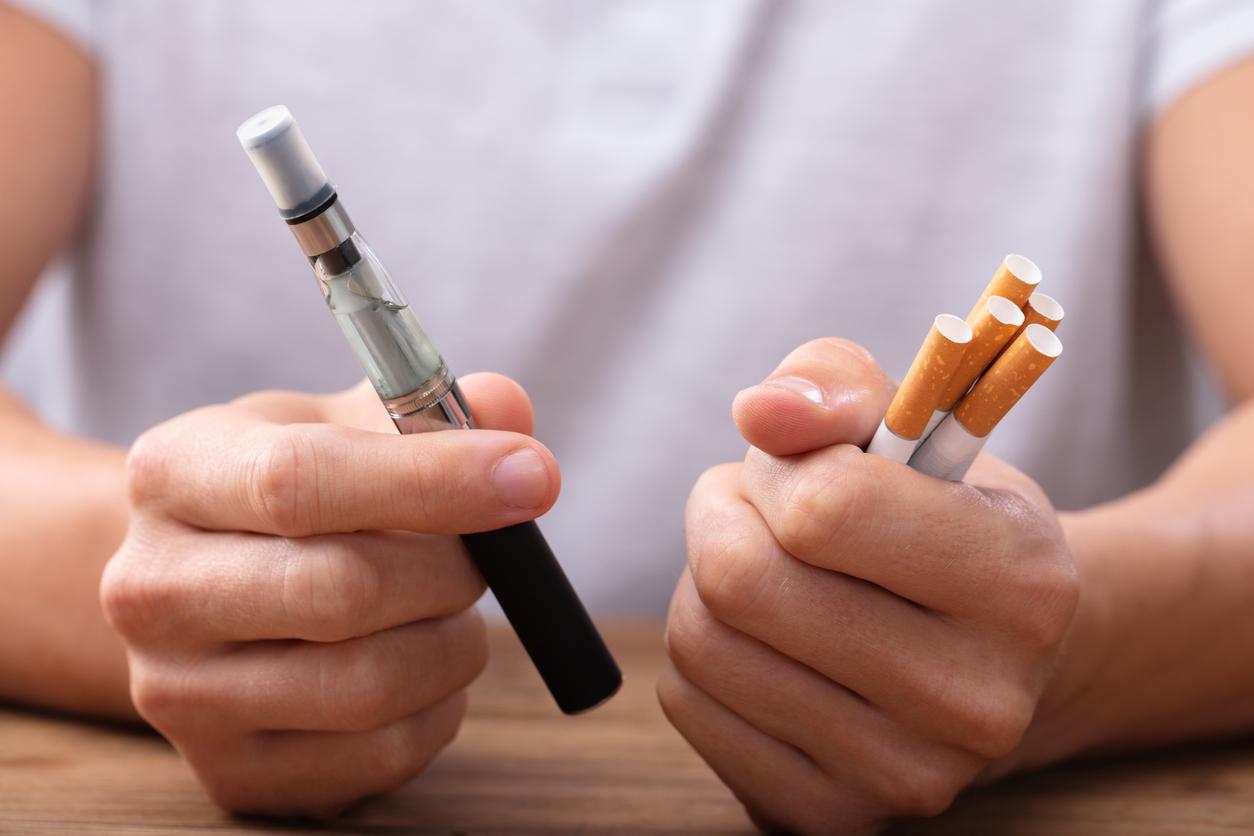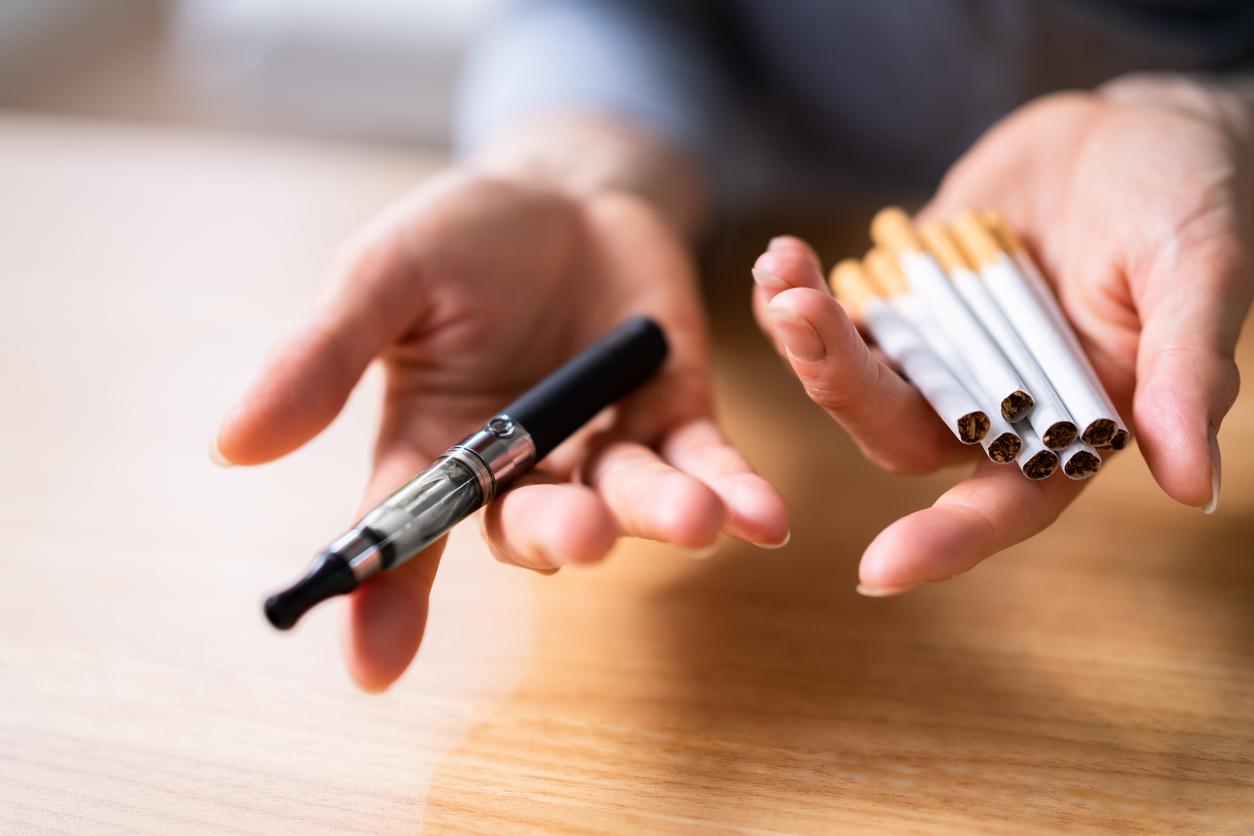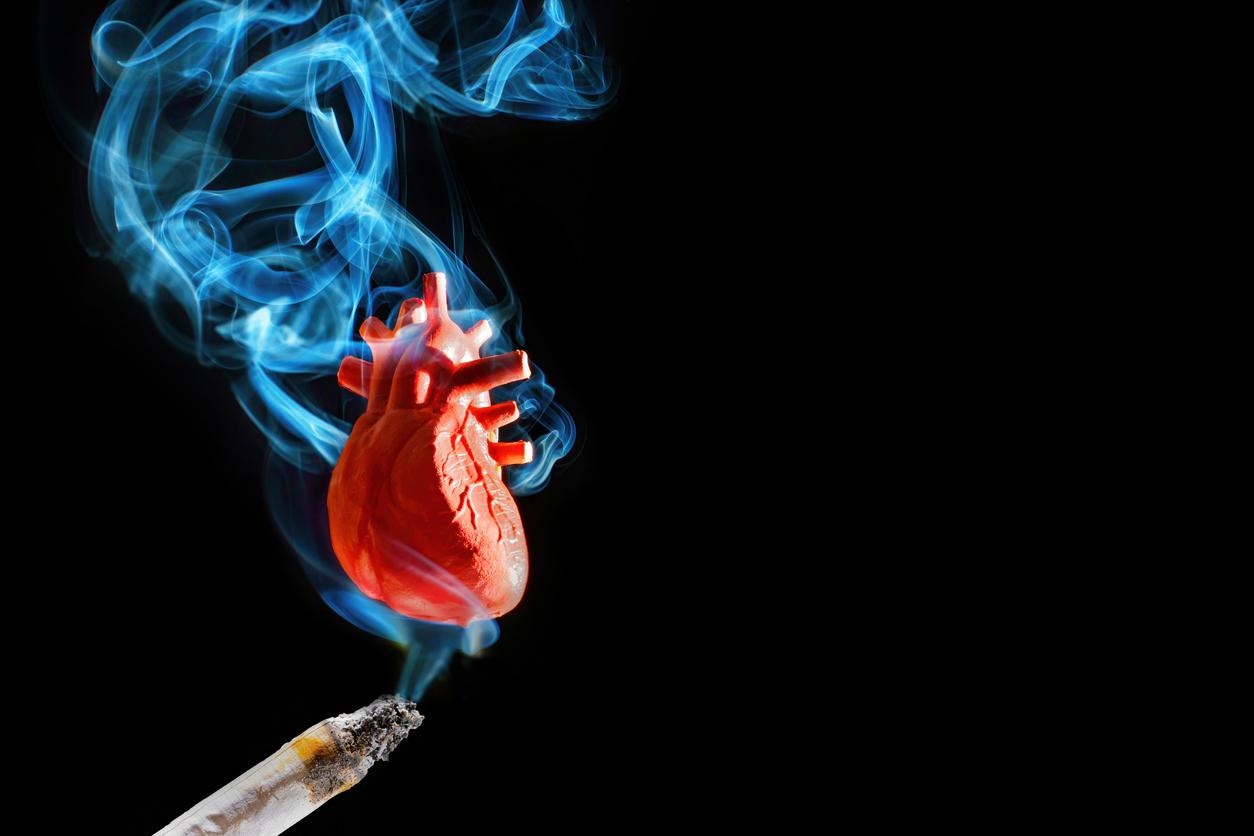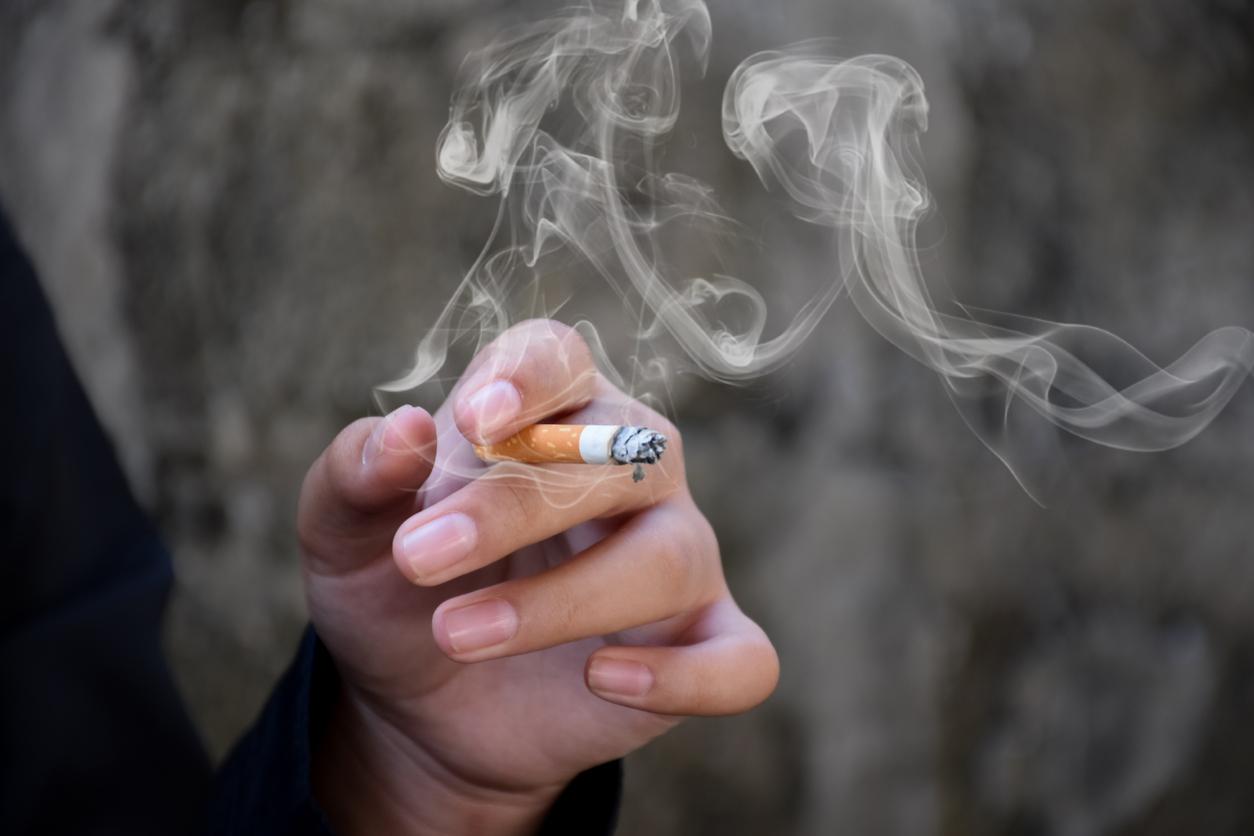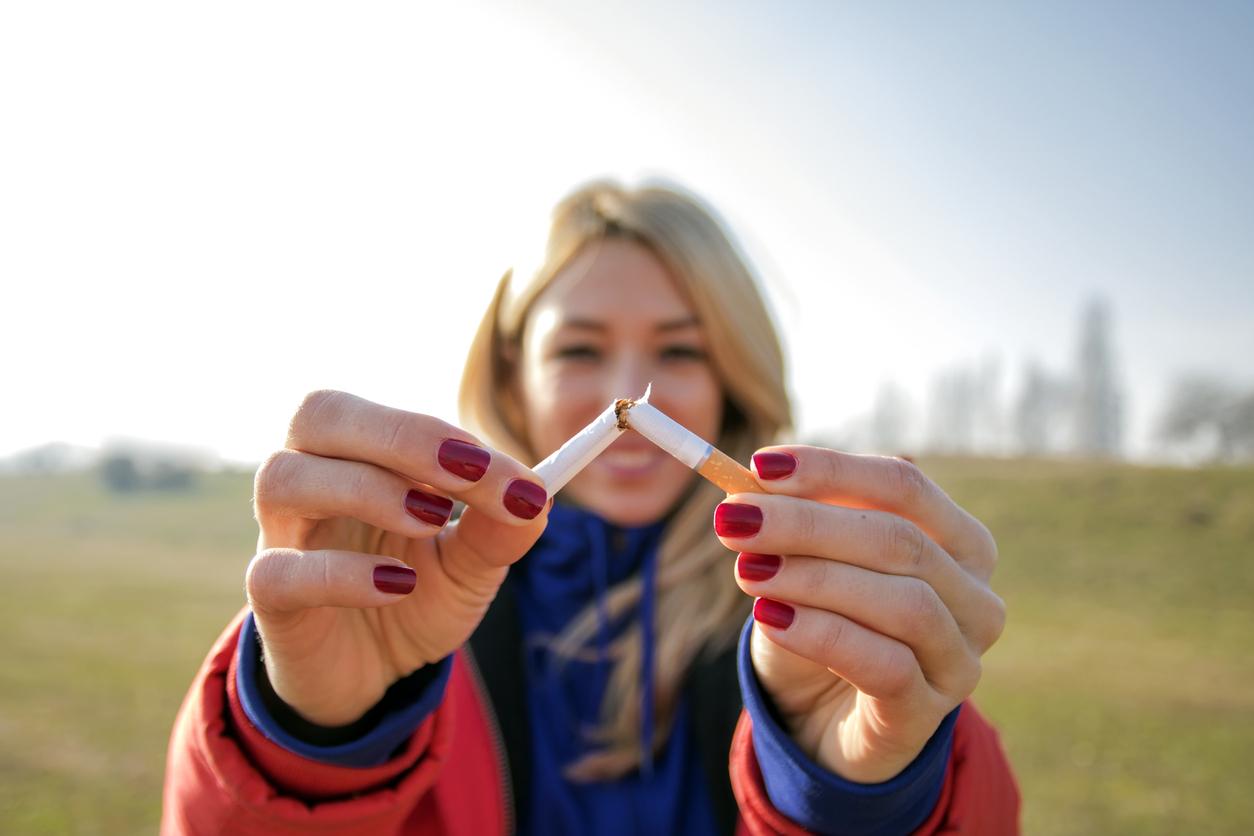To wean oneself from cigarettes thanks to a psychotropic substance present in LSD: this is what American researchers promise. Used in a therapeutic setting, psilocybin would present very encouraging results.
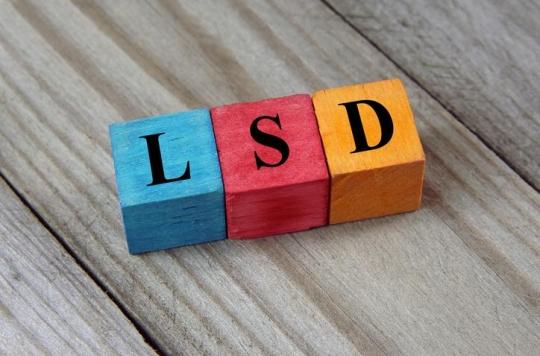
Psilocybin: You most likely do not know the name of this active substance. However, it is thanks to her that LSD made a name for itself as a psychedelic drug from the 1950s. Derived from hallucinogenic mushrooms, this psychotropic drug is now banned in the United States but could soon benefit from ‘a comeback.
The echoes indeed report that American researchers are closely interested in the effects of psilocybin on mental health and that it has demonstrated surprising therapeutic properties, in particular to quit smoking.
A long banned molecule
Attached to the California Integral Studies, a university dedicated to alternative medicine based in San Francisco, researchers studied a thousand clinical studies carried out as part of 70 research programs launched in the 1950s and 1960s and which were already showing the results. promising psilocybin to treat depression or alcohol addiction. Until the emergence of the hippie counterculture, “LSD and psilocybin were seen as miracle drugs by much of the psychiatric elite,” explains Echoes Michael Pollan, professor of journalism at the University of Berkeley.
But the proliferation of “trips” under acid in the 1960s scared the American authorities, who decided to legislate. In 1966, the Swiss pharmaceutical company Sandoz, which marketed psilocybin, was forced to withdraw the molecule from the market. Scientific research suffers de facto from this ban and in 1977, the last clinical study on psychotropic drugs takes place.
Spectacular results
It was therefore decades before researchers looked again at the therapeutic properties of this psychedelic substance. And it has once again shown spectacular results in the treatment of depression and cigarette addiction. This psychotropic drug is all the more interesting from a therapeutic point of view because, unlike other drugs such as cocaine, it does not cause addiction and cannot cause overdose, explains to Echoes David Nutt, professor of pharmacology at Imperial College London.
A first study conducted by Johns Hopkins University on nicotine addiction has shown that 80% of patients who received psilocybin-based treatment no longer smoked cigarettes after 6 months, and 67% after 12 months of treatment. .
Another study, this time carried out jointly by Johns Hopkins University and New York University (NYU), has shown that the active substance is particularly effective in relieving depression in people with terminal cancer. Of the 80 patients participating in the experiment, 80% said they were significantly less anxious 6 months after taking a high dose of psilocybin during a session accompanied by a psychotherapist.
However, as miraculous as it is, psilocybin is still not authorized on the American market. That may soon change. In 2017, the US Medicines Agency asked the NYU to expand its study on depression to the entire population. Other trials on the molecule are also underway in adults with autism and people with eating disorders.
.











